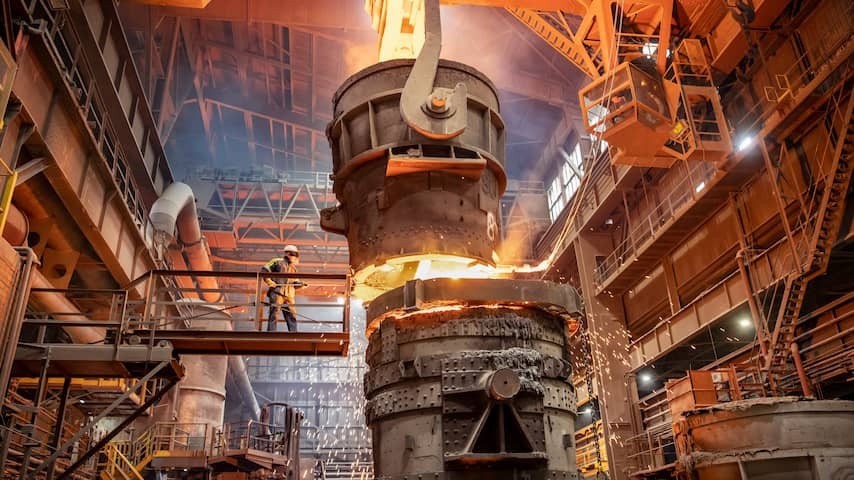
The European Union Wants To Protect Its Own Steel Sector With Extra Levies On Steel from Outside the Continent. European Steel Companies Are Struggling with High Energy Prices, Falling Demand and A Lot Of Competition from Other Parts of the World and Are Therefore Receiving Help From Brussels.
That is what European Commissioner for Industry Stéphane Séjourné Reports on x . The Measure Consists of Two Parts. First of All, The European Commission is Lowering the Duty-Free quota. Now, More Than 30 Million Tons of Steel Can Enter Europe Annually Before Levies Apply. That quota will be reduced to 18.3 Million Tons.
Secondly, The Levy Rate Will Increase from 25 to 50 percent. Steel from Outside the Eu Will Therefore Become More Expective. That should make European Steel More Attractive to Customers from the EU, Such as Car Manufacturers and Defense Companies.
Accordance to Brussels, The European Steel Sector Has Been in Trouble for Some Time. For Example, Tens of Thousands of Jobs have Disappeared in recent years and many companies posted losses last year.
In Addition, factories in the EU are Operating at An Average or 67 percent of their maximum capacity, while 80 percent is needed for healthy business operations.
A Lot Of Competition from China
Steel producers are struggling with Expendive Energy and Fierce Competition from Manufacturers from Other Parts of the World. For example, China is Said to Be Trying to Sell a Lot of Steel in Europe.
“China Supplies Almost Half or Global Steel Production,” Says Albert Jan Swart, Industry Specialist at ABN AMRO. “The Chinese Real Estate sector was an important customer, but things are not going well there now. But the factories still because to get Rid of Their Steel.”
Furthermore, European Steel Companies Have Less Access to the American Market, because President Donald Trump introduced High Levies Earlier This Year for Steel from Outside the United States.
An additional problem is that Trump is also introduced Levies for, For Example, Cars. This is particularly Painful for German Car Manufacturers and They Now Important Customers for the European Steel Industry.
EU Takes Example From Trump
The European Union is Now More or Less Following Trump’s Example by also Introducing Higher Import Duties for Steel. An additional factor is that the eu hens to Become more self-sufficient and that steel plays an important role in setting up its own defense industry.
However, Brussels Makes Exceptions for Some Countries That Have Close Ties with the Eu, Such As Norway and Iceland. Other rules may also apply to ukraine. Other Countries, Such as the US and China, Will Be Subject to the Extra Levies.
Accordance to Swart, The Higher Import Duties Can Indeed Help the Steel Sector to Recover. “The problem now is that Chinese Steel is so cheap. The Levies Increase the prices of that Steel.”
In Addition, there is another problem accordance to swart. “Steel companies need to Become More Sustainable and That Costs Money. But That is not Possible with Low Margins.”
When the Levies Will Take Effect is not Yet Exactly Clear. The European Parliament and the European Council, in which the Member States are represented, Still Have To Approve the Plans.